My two youngest patients of the day kind of rolled up on me like they had a secret. And very little time to relay their message. They looked like little mafia messengers, standing right inside the boundaries of my comfort zone and looking dead into my eyes to make sure I was paying attention to what they had to say. The two little girls first pointed at their stomachs, indicating some sort of pain or digestive distress. Before I had a chance to write down their first symptom, the little one pointed to her head. I thought it was so sad that she had so many issues at one time but I thought nothing of it until the other one pointed to her leg, showing me some barely visible but apparently painful gash in her tender knee. They were mumbling in patois so I couldn’t pick up everything they said but something was starting to seem odd about their litany of ailments. Our nurse, Mrs. Keen, must have seen the perplexed look on my face so she took me aside to explain this disease that she apparently had years of experience diagnosing. She told me that nothing was wrong with the children. I peeked out at them from the back room where we were standing and they looked worried, as if they knew their mafia code had been cracked.
“But Mrs. Keen, I think they have some sort of gastrointestinal issue because they said”
“They are fine,” she interrupted, “They are telling you things are wrong with them so that they will have medicine when they need it. Their mother probably sent them here to collect for the family.”
After a few seconds of watching the children from afar, I picked my heart up off the floor and walked back over to my clever little friends. Despite my devastation at their situation, I gave them the biggest smile I could muster up and with permission from Mrs. Keen, gathered as many samples of over-the-counter medication I could give them. They happily took the bags and I hugged them goodbye, looked directly into their gorgeous little brown eyes and said “You guys take care of yourselves, okay?” ending my sentence with a wink, letting them know their secret was safe with me. They smiled and ran off with their bag of loot and I prayed that it would last until the next mission arrived.
But can you imagine that? Having to hoard medicine? Or sending your kids to lie to doctors so that when something actually is wrong with them you can help them? Here in America we are fortunate in ways we don’t even realize and raise all kinds of hell about a healthcare system that allows us to go to the emergency room for anything we feel like calling an emergency. The patients I saw that day never once complained. I had a man whose blood pressure was so high I had to have a doctor re-test it for me because I couldn’t believe it. But his massive heart was so filled with pride at the young Black student that had come all the way to treat his condition he couldn’t help but smile. There was a woman with sky high blood sugar whose feet were so swollen I was amazed at the fact that she was able to walk up the rocky mountain road to our clinic. But when I asked the customary first question in triage, “How are you feeling today?” she said “Me alright”.
Me alright? No! You are not alright! You could go into a diabetic coma at any given second, ma’am and you need insulin, like right now. I was simultaneously amazed and frustrated at the ability of the Jamaican citizens to withstand pain, and even more impressed with their calm attitudes about their health problems. Here in America we leave work with a headache or menstrual cramps. Yet in some countries there are people walking around with migraines and pregnancy contractions that are 10 times as bad as any pain we would allow ourselves to feel before heading to CVS for immediate relief.
America is a prosperous land of milk and honey where we have access to so many luxuries. From pain relievers and cough syrup to heart medication and diabetic supplies, we have an abundance of medical care at our fingertips. However, we can do so much more to help people who are less fortunate than we are. My goal in writing about my experience in Jamaica is to encourage people to either participate in these types of outreach programs or support them. You don’t have to be a doctor or nurse. If you know a pharmaceutical rep, ask them for medication samples to donate. If you know a doctor in private practice, ask for a donation of stethescopes, blood pressure machines, and diabetic testing kits. And most importantly, if you know of a student interested in medicine, encourage them to apply for a program where they can heal the wounds of people who need it most. That student could eventually become the type of doctor like Dr. Keen who leads these types of missions that are so desperately needed and change more lives than they could ever imagine.
For more information on the International Medical Outreach program please visit their website or contact Stephanie Ureña. Click here for more options on medical missions around the country.
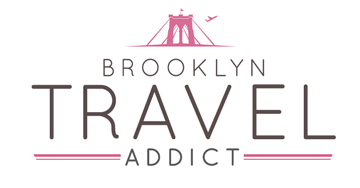
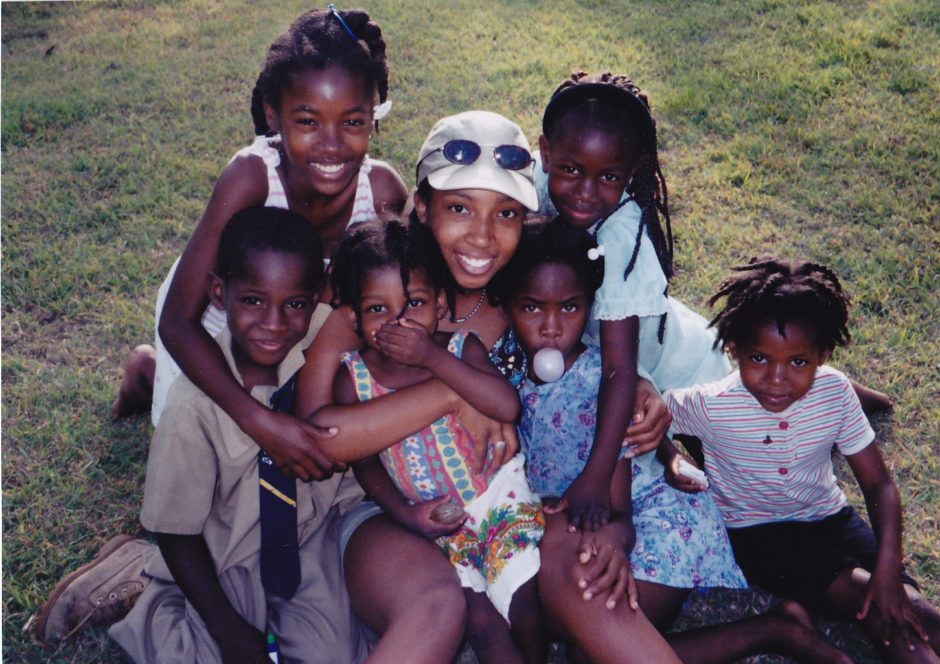



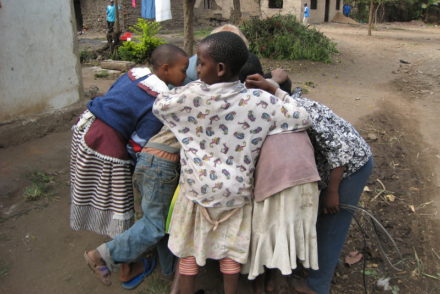
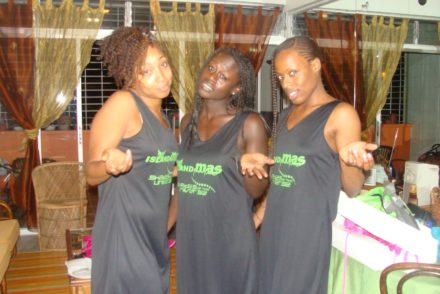
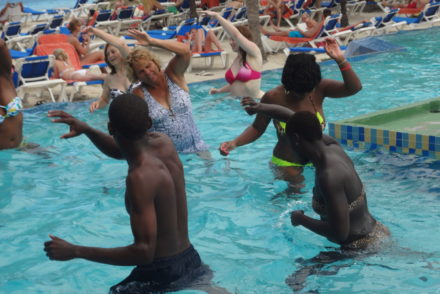
No Comments